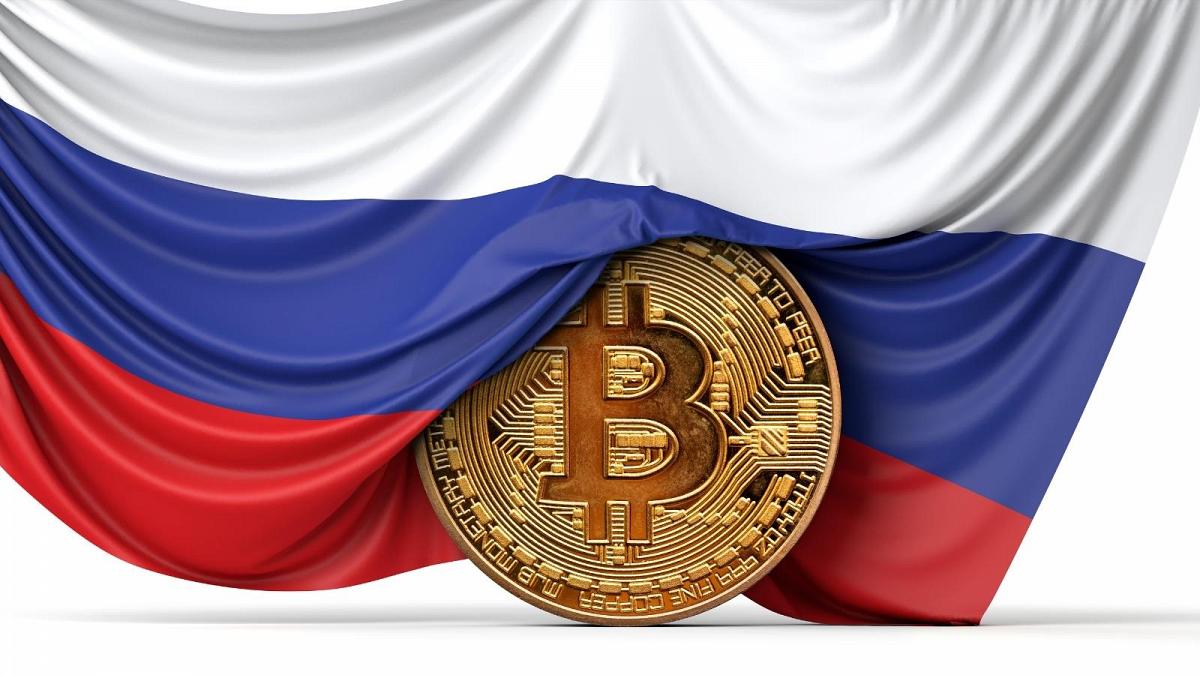
As Sanctions Bite Harder, Russia Will Ease Cryptocurrency Asset Taxes
- A proposed bill will reduce the local cryptocurrency industry’s VAT by 35%.
- In response to financial sanctions, Russia is promoting more usage of cryptocurrencies.
- Since the start of the war in Ukraine, the value of cryptocurrencies has fallen by 46%.
In recent months, Russia has been hit hard by Western sanctions following its war with Ukraine. These sanctions have made it difficult for Russian businesses to transact with other nations. As a result, Russia has been turning to digital assets to help its businesses continue to operate.
The use of digital assets allows Russian businesses to sidestep the financial restrictions imposed by sanctions. In addition, digital assets are not subject to the same level of regulation as traditional financial assets. This makes them a more attractive option for Russian businesses looking to avoid costly compliance fees.
Despite the benefits of using digital assets, there are some risks associated with this approach. For example, digital assets are often more volatile than traditional financial assets. This can make them a less stable investment option for businesses looking to protect their bottom line. Additionally, digital assets are still relatively new and largely untested in the real world. This means that there is potential for unforeseen problems or issues that could arise in the future.
The Russian government is looking to attract more business to its country by changing the value-added tax (VAT) on digital assets. For exchanges located in Russia, the VAT will be lowered from 20% to 13% on the first 5 million rubles annually.
This should help spur more activity within the crypto industry in Russia and draw in more exchange businesses. For companies conducting digital asset transactions outside of Russia, a 15% VAT will still apply. By making this change, the Russian government shows that it is supportive of the crypto industry and wants to help it grow within its borders.
This is welcome news to the Russian digital asset industry, which has been struggling to find its footing in a regulatory environment that is often hostile to innovation. The new VAT rate will make it more attractive for businesses to operate in Russia and should help spur growth in the sector.
The Russian government has been taking steps to legitimize and regulate the digital asset space in recent months. In April, President Vladimir Putin signed into law a bill that defines digital assets and regulates their issuance and circulation. The bill also stipulates that digital assets can be used as a means of payment but cannot be used as legal tender.
These developments suggest that the Russian government is gradually warming up to digital assets and looking for ways to support their development. The new VAT rate is a positive step in this direction, and it will be interesting to see how the industry evolves in Russia over the coming years.






